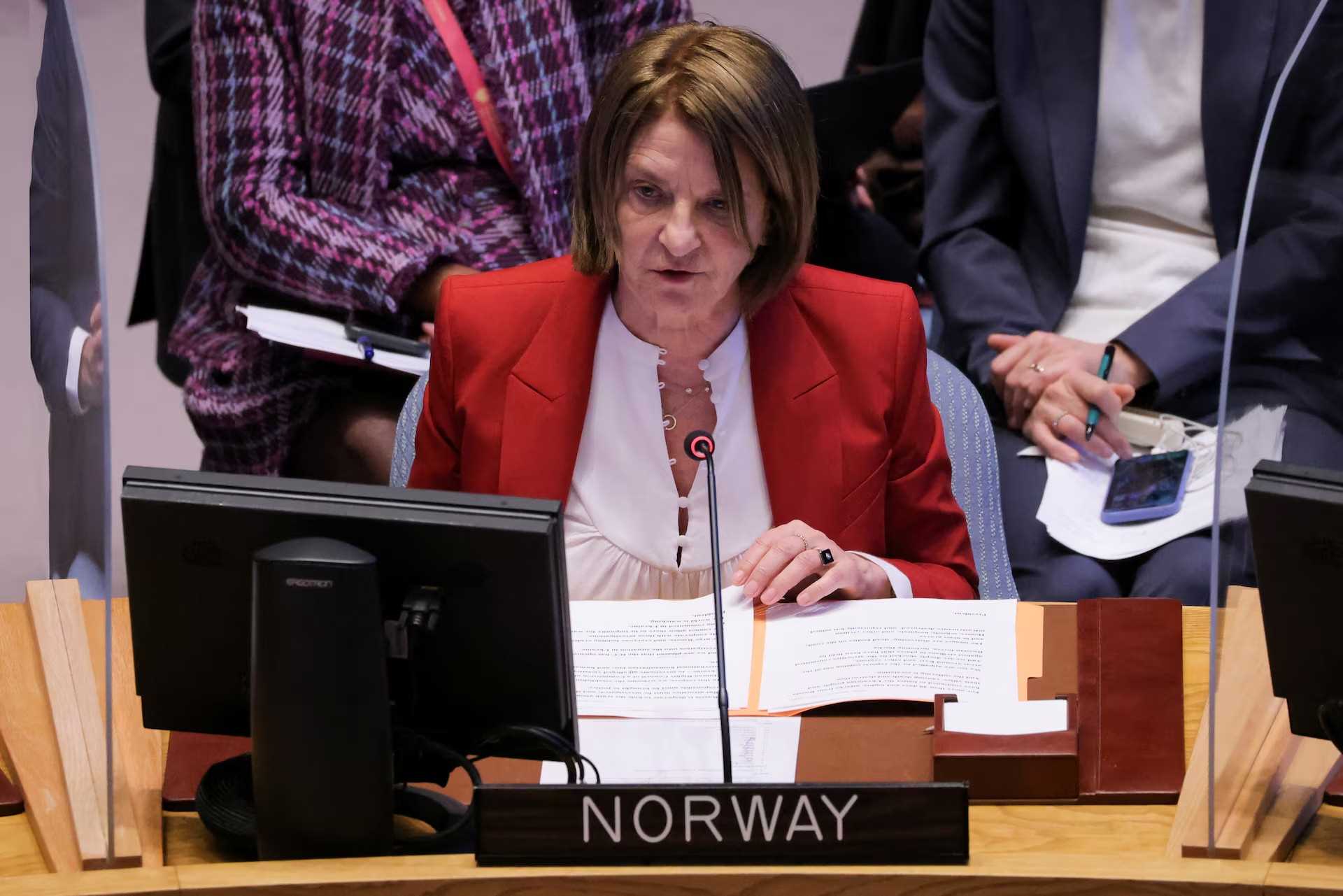
Zim Now Writer
The United Nations General Assembly on Wednesday overwhelmingly voted to demand an immediate, unconditional, and permanent ceasefire between Israel and Hamas in the Gaza Strip, alongside the immediate release of all hostages.
In a resolution adopted with 158 votes in favor out of 193 member states, the Assembly used more urgent language than previous appeals, escalating from a "call" for a humanitarian truce in October 2023 to a "demand" in December 2023. While General Assembly resolutions are not legally binding, they carry significant political weight, reflecting global sentiment on the war.
The United States, Israel, and seven other nations opposed the ceasefire resolution, while 13 countries abstained.
In a separate resolution, the Assembly condemned a new Israeli law banning operations of the United Nations Relief and Works Agency for Palestine Refugees in Israel starting in January 2025. The resolution, adopted with 159 votes in favor, urged Israel to respect UNRWA’s mandate and allow it to continue providing vital aid, health, and education services to Palestinians in Gaza, the West Bank, Syria, Lebanon, and Jordan.
Related Stories
The United States and Israel argued against the resolution, with Deputy U.S. Ambassador Robert Wood stating it failed to address the need for hostages’ release and unfairly criticized Israel. Israel’s U.N. Ambassador Danny Danon accused the Assembly of vilifying Israel, describing UNRWA as a “haven for terror.”
The conflict, which began on October 7, 2023, following a deadly Hamas attack on Israeli communities, has caused severe devastation in Gaza. Over 44,800 people have been killed, according to Palestinian health authorities, who do not distinguish between combatants and civilians. Nearly all of Gaza's 2.3 million residents have been displaced, and conditions have deteriorated due to hunger, disease, and widespread destruction.
Slovenia’s U.N. Ambassador Samuel Zbogar emphasised the urgency of the situation, stating, “Gaza doesn’t exist anymore. It is destroyed. Palestinians are facing hunger, despair, and death. There is no reason for this war to continue.”
The U.N.’s actions highlight deep divisions in the global response to the Israel-Hamas conflict. While many countries prioritize immediate humanitarian relief and the protection of Palestinian civilians, others stress the importance of addressing security concerns and holding Hamas accountable.
The resolutions underscore the urgency of ending the violence and addressing the worsening humanitarian crisis, but finding consensus on a path forward remains a significant challenge.




















Leave Comments